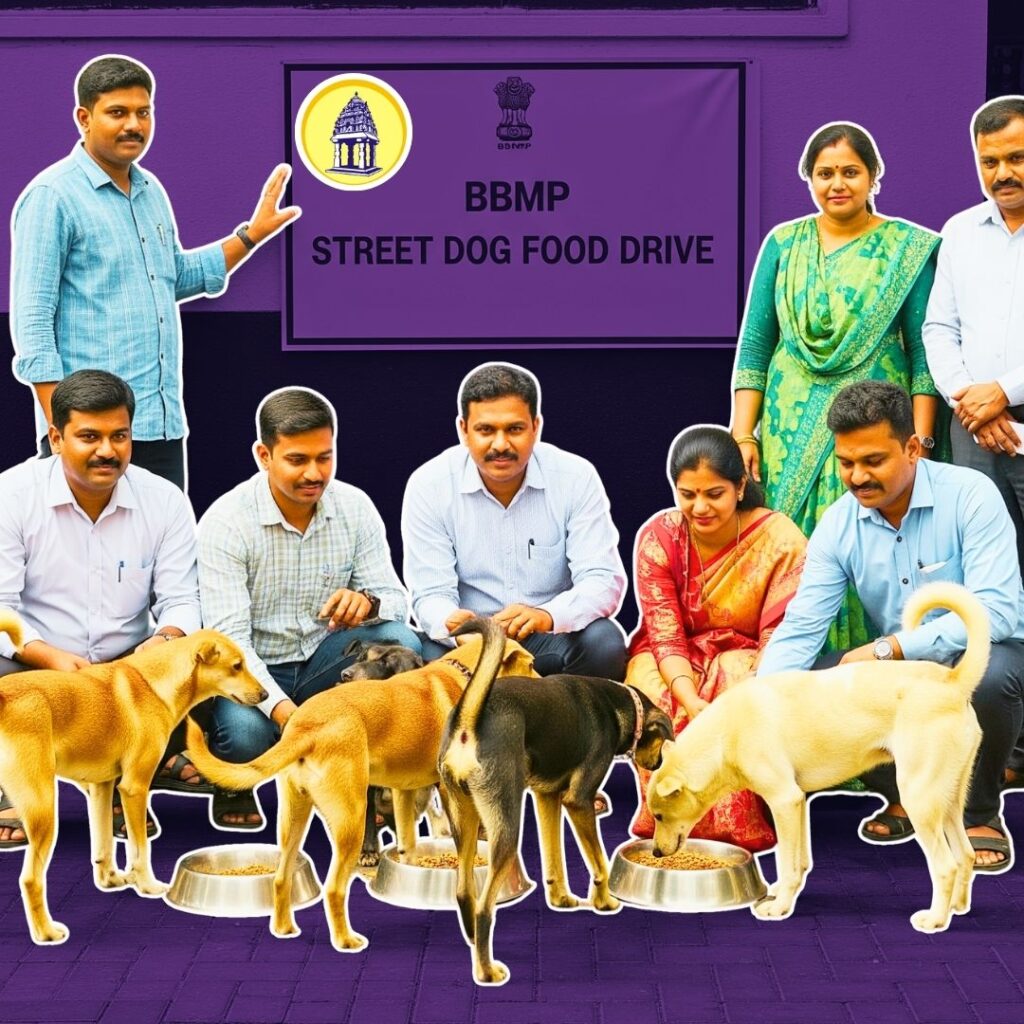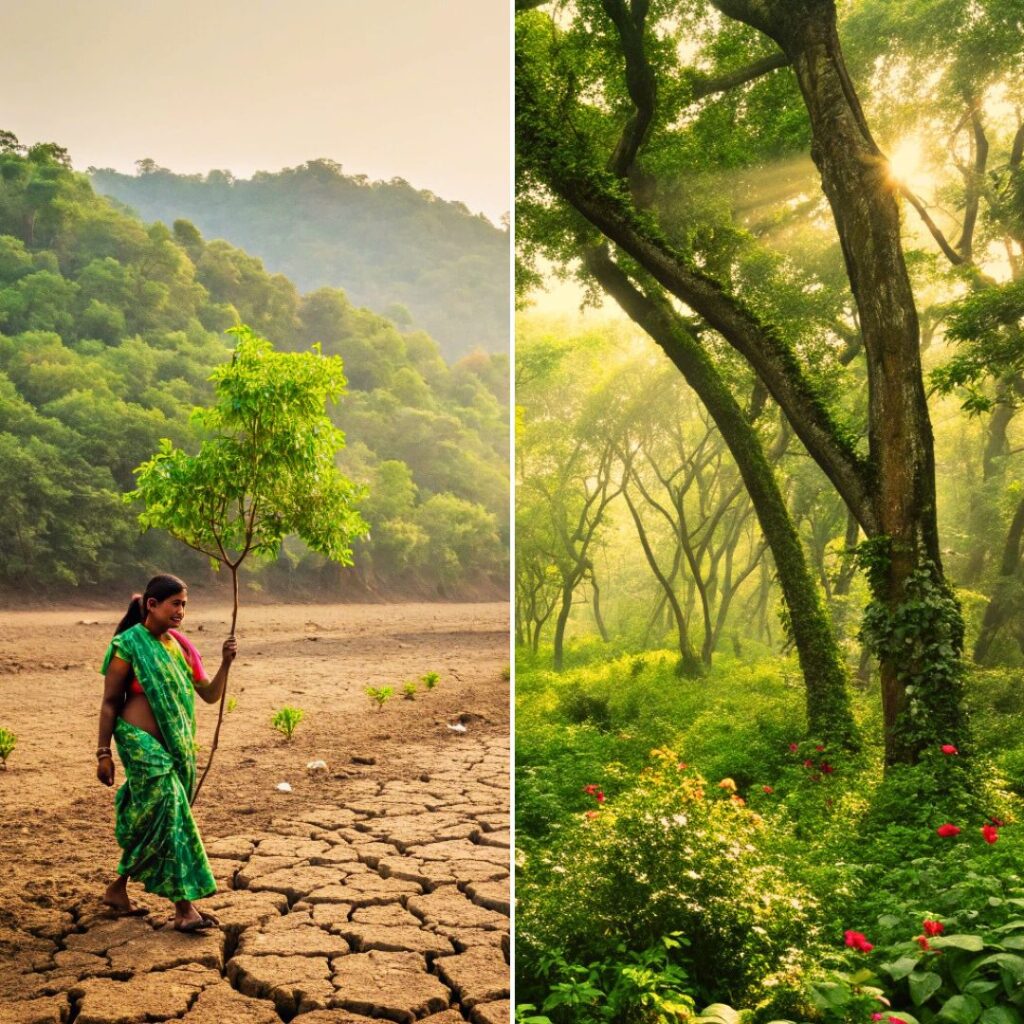Since September 1, a farmer-led agitation has been brewing in the historical city of Sikar, Rajasthan, located 114 km away from the state capital of Jaipur.
Fed up of government apathy, falling prices, mounting debts and politicians refusing to keep their promises, thousands and thousands of farmers joined hands to protest the various injustices.
The protests were started by the All-India Kisan Sabha (AIKS), the farmers’ wing of the CPI(M). The Agricultural Produce Marketing Committee Mandi in Sikar has become the ground zero for agitating peasants. The agitation has also inspired similar movements in other districts of the state.
The burgeoning movement is unique in that it has garnered raucous support from virtually all classes of society. Nearly every element of Sikar society has turned up to support the protesting farmers – from students, anganwadi workers, the city bus union, the autorickshaw union, the small traders association, the pump set workers and the local DJ.
It is the biggest gathering that Sikar has seen in almost 30 years.
Section 144 imposed, mobile internet services suspended
On Wednesday, September 13, thousands occupied the Jaipur-Sikar route, blocking the area outside the agriculture produce market. Several roads connecting Jaipur to Jhunjhunu, Churu, and Bikaner were blocked.
Section 144 has now been imposed within a two-kilometre radius around the Sikar District Collectorate and mobile internet services have been disabled in the entire district.
AIKS has accused the Vasundhara Raje-led BJP government in Rajasthan of turning the state “virtually into a cantonment with battalions of police, Rapid Action Force, Water Cannons and Barricades”.
A tale of everyday injustices: “How can milk be cheaper than water?”
Another concern is the rising costs of agricultural equipment which, farmers lament, has been further accelerated by the Goods and Services Tax (GST).
“One litre of bottled water costs 20 rupees, the same price as I get for a litre of milk. How can milk be cheaper than water?” one farmer was quoted as asking by News18.
The peasants want the recommendations of the Swaminathan Committee implemented. They also want an answer to the growing costs of agricultural inputs: seeds, fertilisers, pumpsets and motors have become costlier while the selling price of grain, vegetables, produce etc. has decreased or remained unchanged.
Broadly speaking, the farmers have the following demands:
Loan waiver for poor and middle farmers and for agricultural workers; Greater allocation for MGNREGA; Higher wages and more days of work; Pension of Rs 5,000 per month for every farmer and agricultural worker above 60; Effective crop insurance, protection of crops from stray cattle and wild animals; The withdrawal of ban/restriction on cattle trade.
The farming community in Rajasthan is growing weary of the government’s policies; they argue that control is being shifted to corporations and large farmers, leaving small- and medium-sized farmers powerless. The price of field produce in the region has crashed in recent times, forcing farmers to take out loans from banks and local moneylenders, incurring crushing debts in the process.
Often, the MSP announced itself is below the cost of production, Vijoo Krishnan, Joint Secretary of AIKS told The Logical Indian.
Mr Krishnan said, “The anger of the peasantry against the Congress was channelised effectively by the BJP to win the election by making attractive promises. Now, after their win, they have gone back on each and every one of their promises.”
Farmers paid a steep price for demonetisation
Furthermore, Mr Krishnan says that because of demonetisation, there has been an incessant fall in prices.
“It has affected people everywhere, but in particular the poorest,” the AIKS Joint Secretary told The Logical Indian.
Demonetisation has affected every Indian – but it has hit the agricultural sector the hardest. Farmers, who are the backbone of our national economy, were severely affected by the note demonetization of 8 November 2016 which invalidated 86% of India’s currency.
Invariably, the majority of these effects were – and continue to be – negative in nature (analysis).
The government forgot about its promises after the elections
The protesting farmers feel cheated by their representatives, who had promised them progressive reforms when they campaigned.
The elections – both in the state and in the centre – have come and gone but the farmers continue to suffer. And their pleas continue to fall on deaf ears.
“The BJP and Narendra Modi had raised lots of hopes among farmers before the election by their high-pitched campaign,” Mr Krishnan says. “They promised that they would implement the recommendations of the Swaminathan Commission and raise prices to 50% above the cost of production. In fact, their manifesto was like a wish list for all farmers. But after their victory, they have betrayed t…











